If Brexit has shown us anything, it’s that in the current era of globalization, no country is an island. Not even ours, an actual island.
It is impossible to fully understand the political landscape here in the UK, without placing it in the wider context of European politics. European Union or no EU, we’re all intertwined.
The leader of the party that wins the General Election on 8th June has a difficult job ahead; one that entails negotiating with our European neighbours under extreme pressures. With neither side – us, nor the other EU member states – willing to entertain any idea of leaving negotiations ‘the loser’, a tough battle will ensue. One where, apparently, there can only be winners…
It’s imperative, therefore, that we – the electorate – select the person most likely to do a good job of it. The person who will secure us the best possible deals with Europe, following our forthcoming withdrawal from the EU.
In order for us to decide who that is, however, it’s important we check out who they’ll be up against – the European counterparts on the opposite end of the negotiating table.
Here is a brief lowdown of some of the top people in charge in Europe…
France – Emmanuel Macron
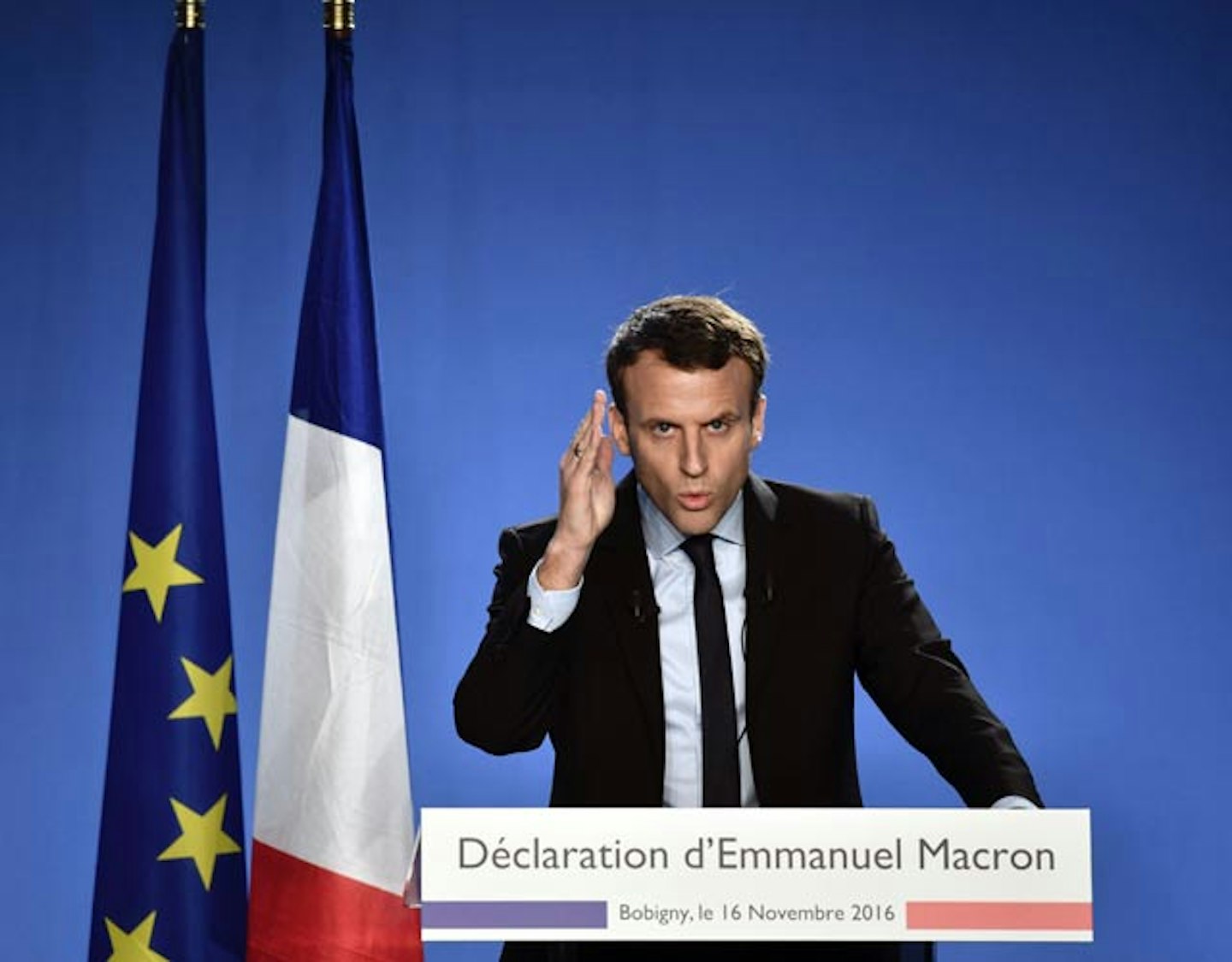
As you’re probably aware Emmanuel Macron, 39, was recently elected the new president of France.
A former economy minister under President Francois Hollande, Macron rebelled against Hollande (and the Socialist Party they both served) to set up his own movement, ‘En Marche!’ (meaning ‘On the move’) in April last year.
Why was he successful? Macron said he wanted to create a new kind of politics – to bring people from civil society into the political arena.
France’s two prominent parties, the left-wing Socialists and the centre-right Republicans, have seen their popularity wane in recent years, largely because the French electorate have felt increasingly disillusioned with both.
Macron targeted those disillusioned voters, promising to bridge the gap between left and right, a move which has subsequently seen him described as France’s version of Tony Blair.
He won the election, in the face of his far-right adversary, Marine Le Pen (former leader of France’s National Front party).
Politically, Macron is liberal and pro-business. His manifesto has promised to support both workers and employers. He is also pro-EU, but told the BBC he thought it’s ‘dis-functioning’ and is in need of reform. He recently said he wanted to ‘relaunch’ Europe and met with German chancellor Angela Merkel recently to discuss his vision.
Last week, Macron appointed Édouard Philippe – the centre-right mayor of Le Havre – to the role of Prime Minister. It’s been seen as a tactical move, aimed to win over voters from the right. The parliamentary elections are next month, and Macron needs his candidates to be elected if he is to push through his proposed reforms. Of the 428 candidates he has recently put forward, half are women (whoop!) and 52% have no political experience – to coincide with his ‘new kind of politics’ approach. He still has 149 further candidates to select.
The papers make much of the fact he married his former drama teacher, Brigitte Trogneux, who he met when he was 15 at school and who is 24 years his senior. By many accounts he is highly intelligent and personal. However, he has never been elected to office before, thus, he is inexperienced.
When it comes to Brexit, as Peter Ricketts – former British ambassador to Paris – told the Financial Times, he sees it as an ‘affront to his vision of Europe’ but wouldn’t want to ‘punish Britain for punishment’s sake’.
Here's hoping...
Germany – Angela Merkel
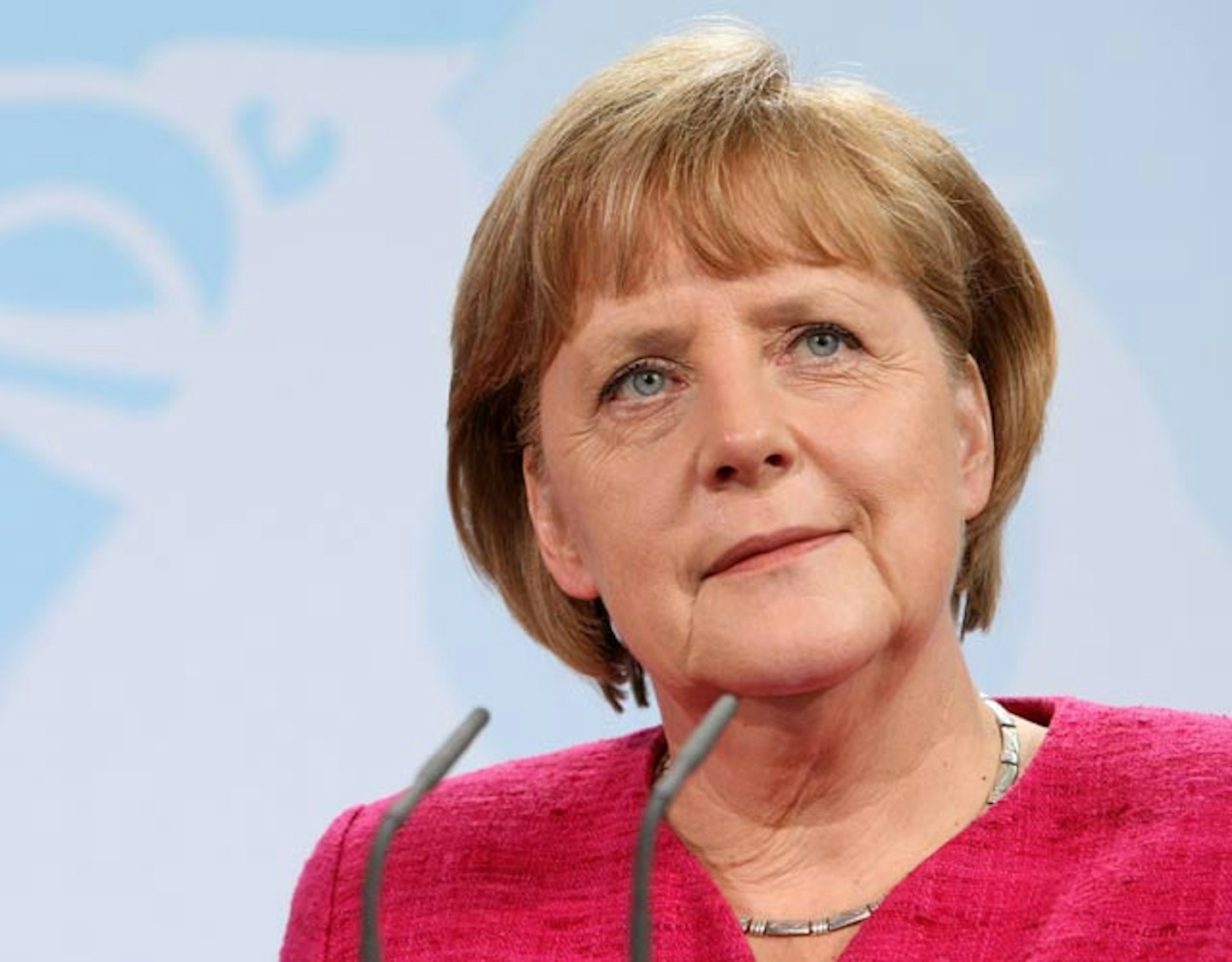
Angela Merkel is the most powerful woman – and the third most powerful person – in the world, according to the Forbes power list of 2016. Germany’s first female Chancellor, she is currently serving her third term and is up for re-election in September this year.
She is leader of the Christian Democratic Union (CDU), a centre-right party formed on the values of democracy following the Second World War.
Known for her cautious approach, it was Merkel’s fiscal austerity which saw Germany weather the recent financial crisis; a policy which she subjected the rest of the Eurozone to as well. It was unpopular in some countries but earned her a dependable reputation.
Arguably her biggest political gamble to date has been her ‘open doors’ refugee policy of 2015 – the decision to open Germany’s boarders to those fleeing conflict in Syria. She failed to anticipate the numbers that such an offer would attract, and may pay heavily for it in the elections come the autumn – although she is still predicted to win.
Who will she be up against?
Her main opponent is the left-wing Martin Schulz – the Social Democratic Party (SDP) leader, who is a former-European parliament president and staunchly anti-Brexit.
Should he win at the polls, he would be likely to give any future British PM a very un-easy ride, for he has declared if Members of the European Parliament are excluded from Brexit talks, he’ll ensure the ‘hardest Brexit possible’.
(Gulp.)
Anti-immigration parties, such as the Alternative for Germany (AfD) were once considered a threat to Merkel, but in gaining just 7.4 % of votes (to Merkel’s 33%) in Germany’s recent regional elections, the threat they now pose is minimal.
Spain – Mariano Rajoy
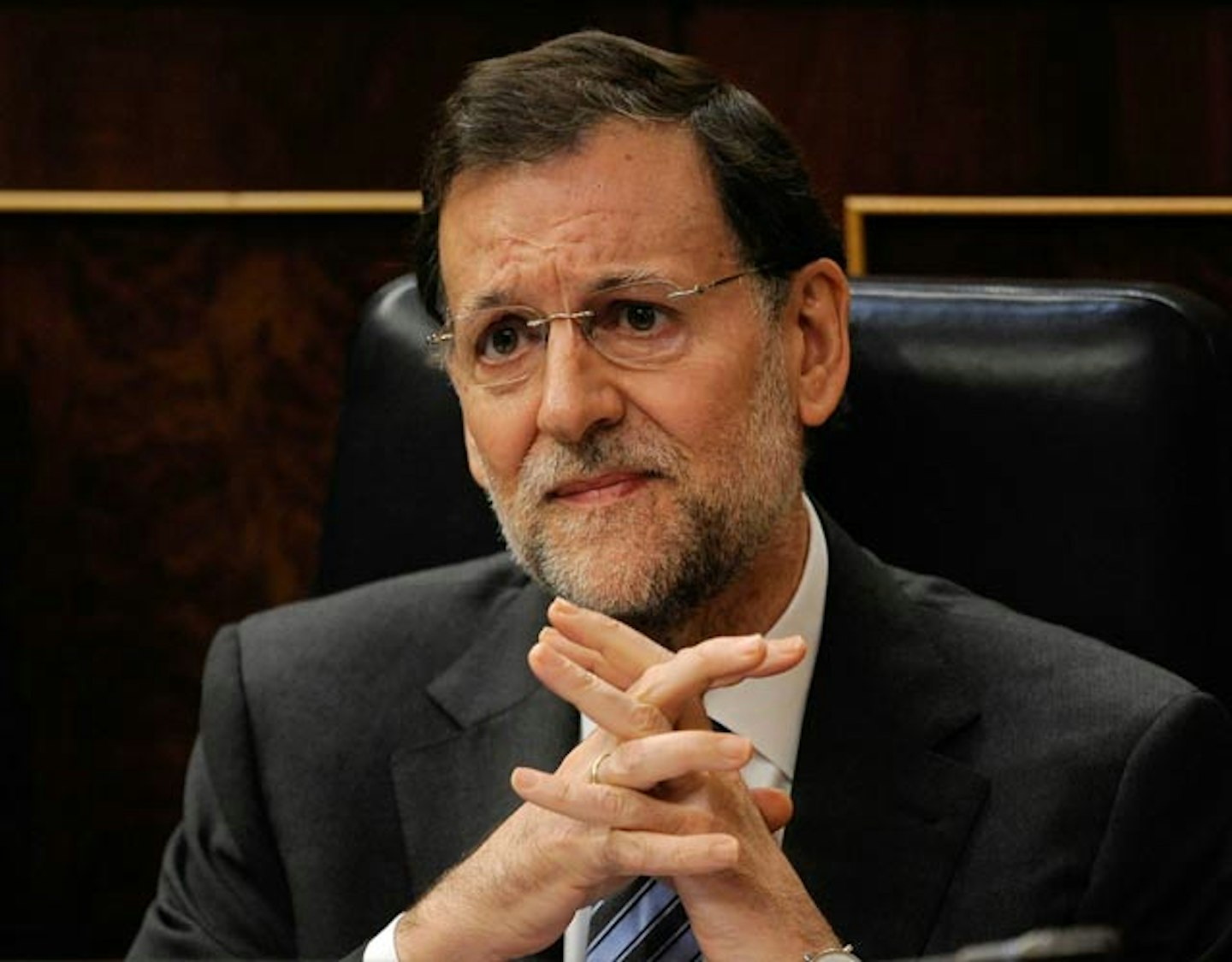
Prime Minister Mariano Rajoy was originally voted in as PM in 2011, however, he was demoted to the role of acting PM in 2015, after Spain’s general election did not produce an overall winner.
10 months of gridlock ensued, and it was only in October last year that the Spanish parliament voted to allow him to lead a minority government.
In recent years, Spain has experienced very high unemployment levels brought about by its crippling debt crisis. Safe to say, the people of Spain have had a tough time of it.
What reception can our newly elected Prime Minister expect there? A frosty one.
The UK and Spain recently clashed over Gibraltar, the British Overseas Territory on the lower tip of Spain. You probably read about it, there were a few cartoons…
Although Gibraltar has been under British rule since 1704, Spain have long-since championed their claim to sovereignty. Following Brexit, the EU effectively lent their support to Spain over the row, drawing up Brexit guidelines which gave Spain the right to veto any deal the UK makes with the EU from applying to Gibraltar.
Tensions reached fever-pitch in April when British Defence Secretary Sir Michael Fallon said the UK would go ‘all the way’ to protect Gibraltar’s interests – basically insinuating we’d not rule out military action…
Nice and friendly, as you can see.
Netherlands – Mark Rutte
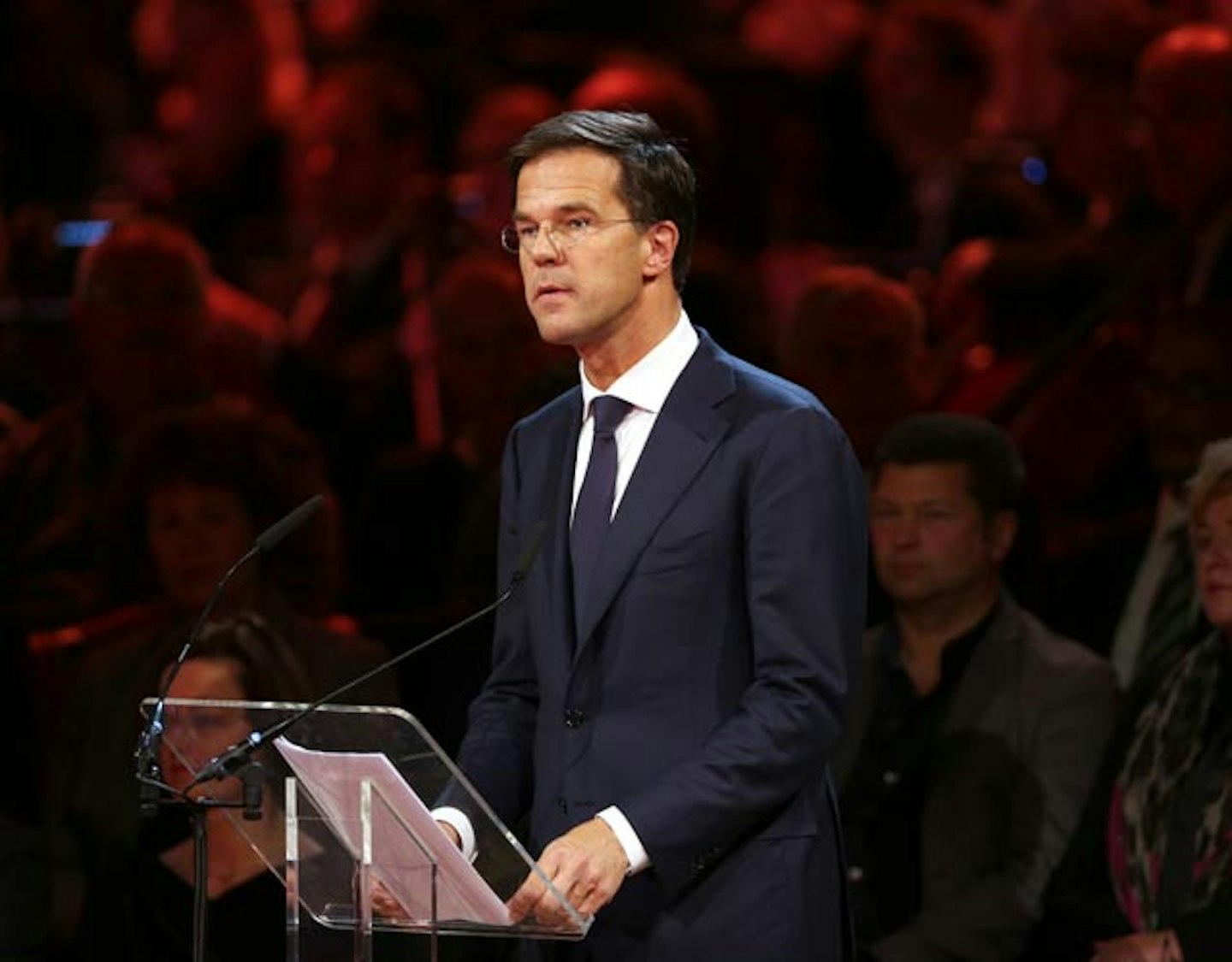
Prime Minister Mark Rutte’s centre-right VVD party may have won more seats than Geert Wilder’s far right Party of Freedom in March’s general elections, but he didn’t win enough. Wilder’s party is now the second biggest in parliament and to avoid forming a government with it, Rutte will need to enter into a coalition with three other parties, making it a four-party coalition.
No. Easy. Task.
It’s likely two of those parties will be the Christian Democrats and D66, although they will need a third party to secure an overall majority.
Rutte is known to be a man of modest means, who still uses an old Nokia phone.
He found himself in the middle of a diplomatic – shall we say – ‘situation’ with Turkey recently, after he banned two Turkish ministers from appearing at rallies in the Netherlands prior to a Turkish referendum. President Erdogan of Turkey called the country ‘Nazi remnants’ and diplomatic relations between the two countries have since been put on hold.
Italy – Paolo Gentiloni
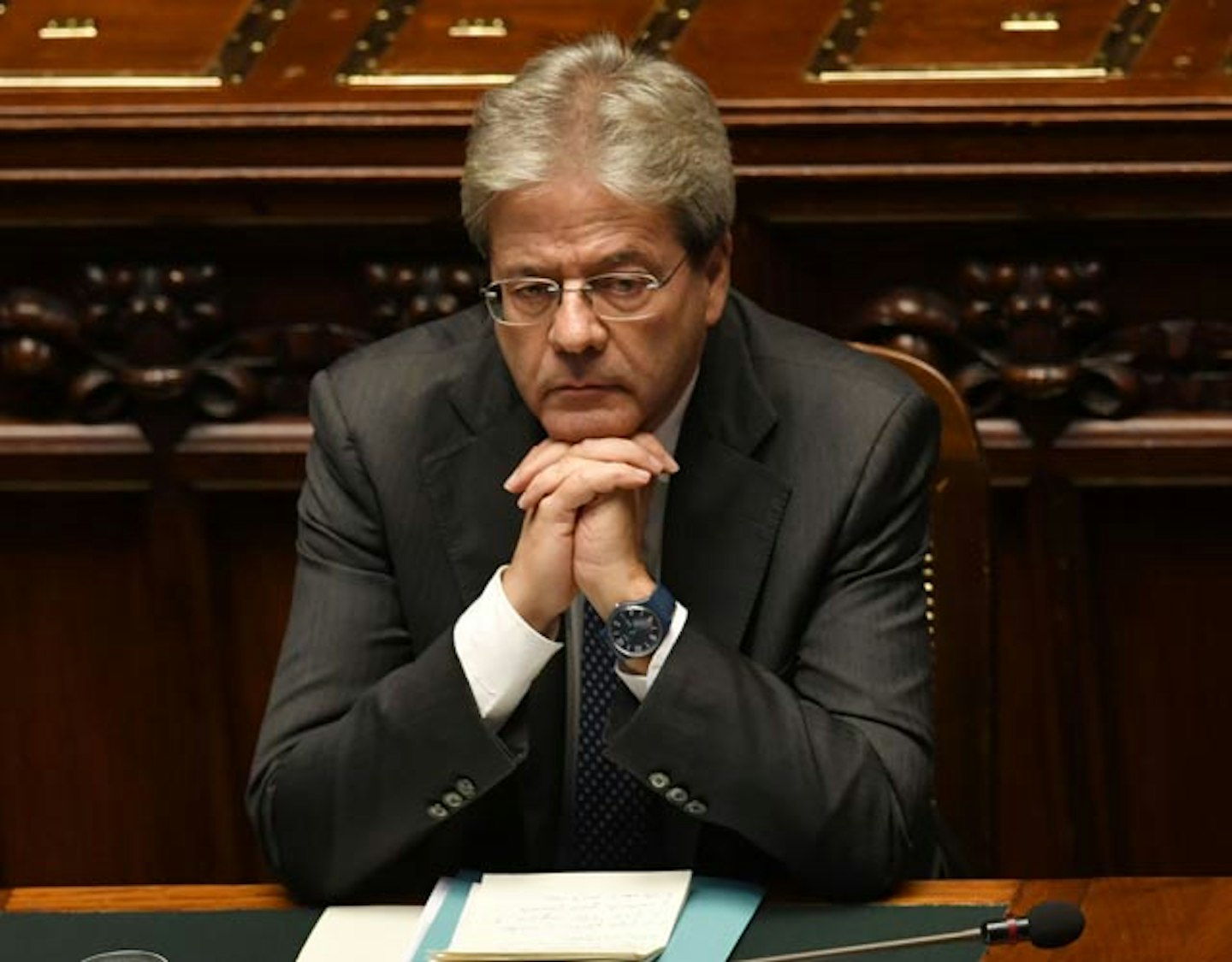
Sergio Mattarella is Italy’s President and came to the post from a centre-left background, with over 20 years experience in politics.
His Prime Minister, Paolo Gentiloni, stems from the centre-left Democratic Party and took on the role in December last year, when former Prime Minister – Matteo Renzi – resigned due to an embarrassing defeat in a referendum held over proposed constitutional reforms.
Italy is projected to be this year’s slowest growing economy in the eurozone, which is obvious not good news for Italians. Italy is also the first port of call for migrants crossing the Mediterranean from Libya, and a new record was set last year when almost 171,000 people made the journey to claim asylum.
In terms of the EU, many Italians are growing dissatisfied with it – 40% of people in a recent poll said they would like to leave the Eurozone.
So what of Brexit? Gentiloni said earlier this year (following talks with Theresa May) that Italy would take ‘a constructive and friendly approach’ towards negotiations.
We have a friend!
Greece – Alexis Tsipras
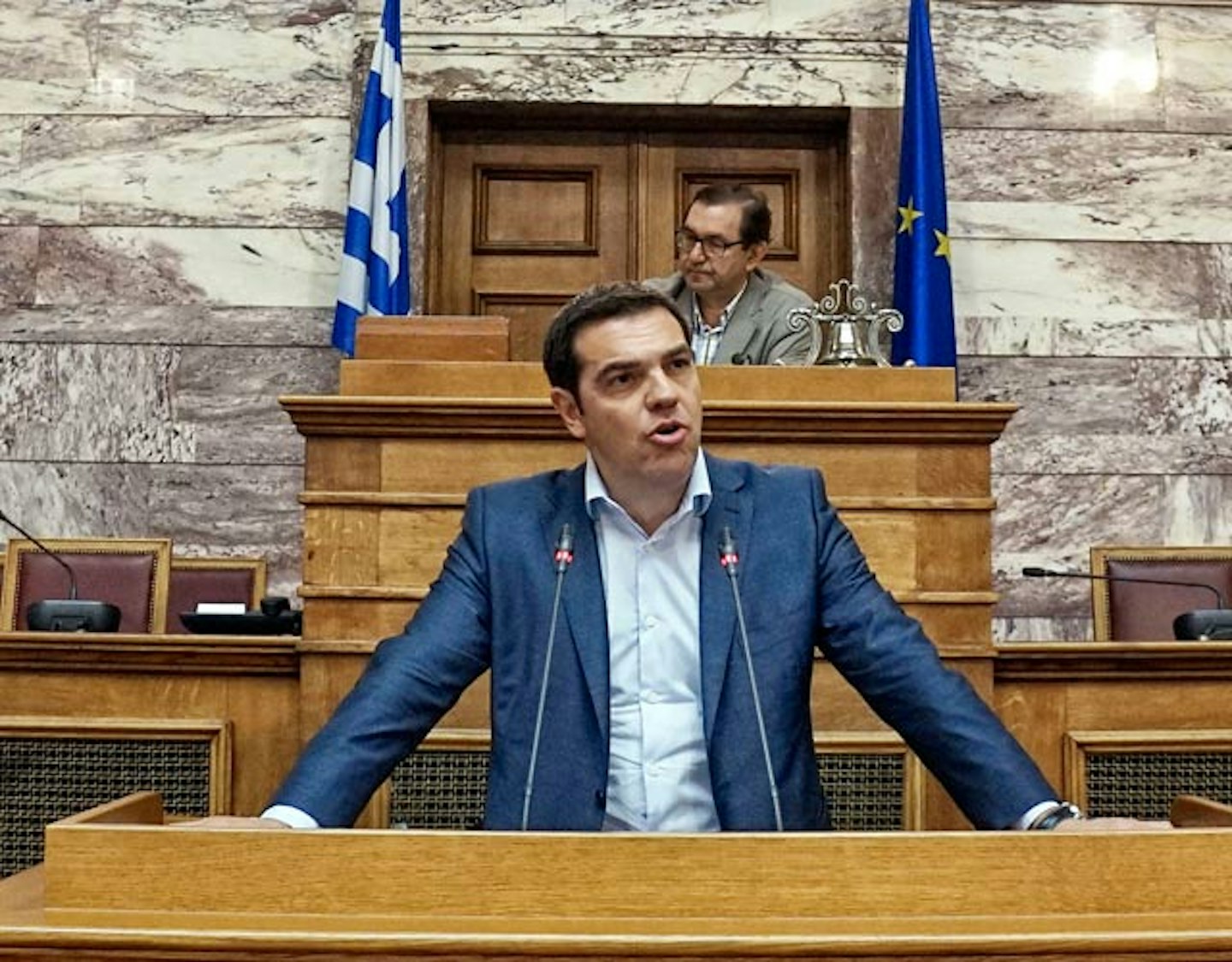
It’s a country that has experienced unprecedented economic turmoil in recent years, and it continues to struggle under the fiscal austerity imposed on it by its creditors – those lending it bailout cash, like the European Central Bank (ECB), the International Monetary Fund (IMF), and countries such as Germany, France and Italy.
Prime Minister Alexis Tsipras had promised Greece new bailout deals lessening the austerity, but the EU, ECB and IMF told him a resounding ‘no’. He recently had no choice but to agree to new austerity measures (like, tax increases – always popular...) in exchange for the next installment of the multi-billion dollar bailout, without which Greece would be unable to repay the €6 billion of debt it owes this July.
The new agreement led to protests of circa 10,000 people last week gathering outside Athens’ parliament.
In terms of Brexit, Tsipras said last June that it was the European leaders he blamed for it and not the British people. He said the vote results had ‘saddened’ him, but it was to be ‘respected’.
Here’s hoping we have another friend in Greece as well.
READ MORE: The Pros And Cons Of Tactical Voting In This Election
